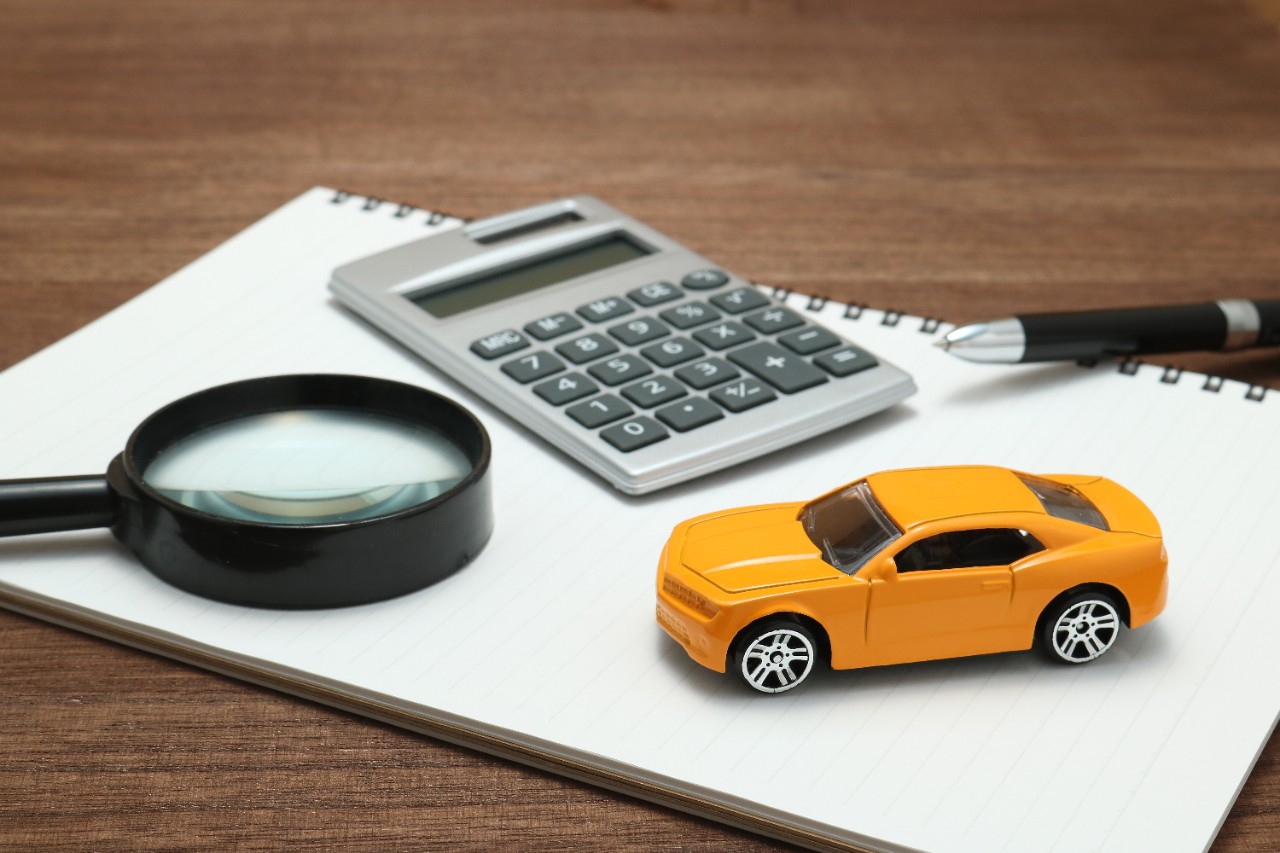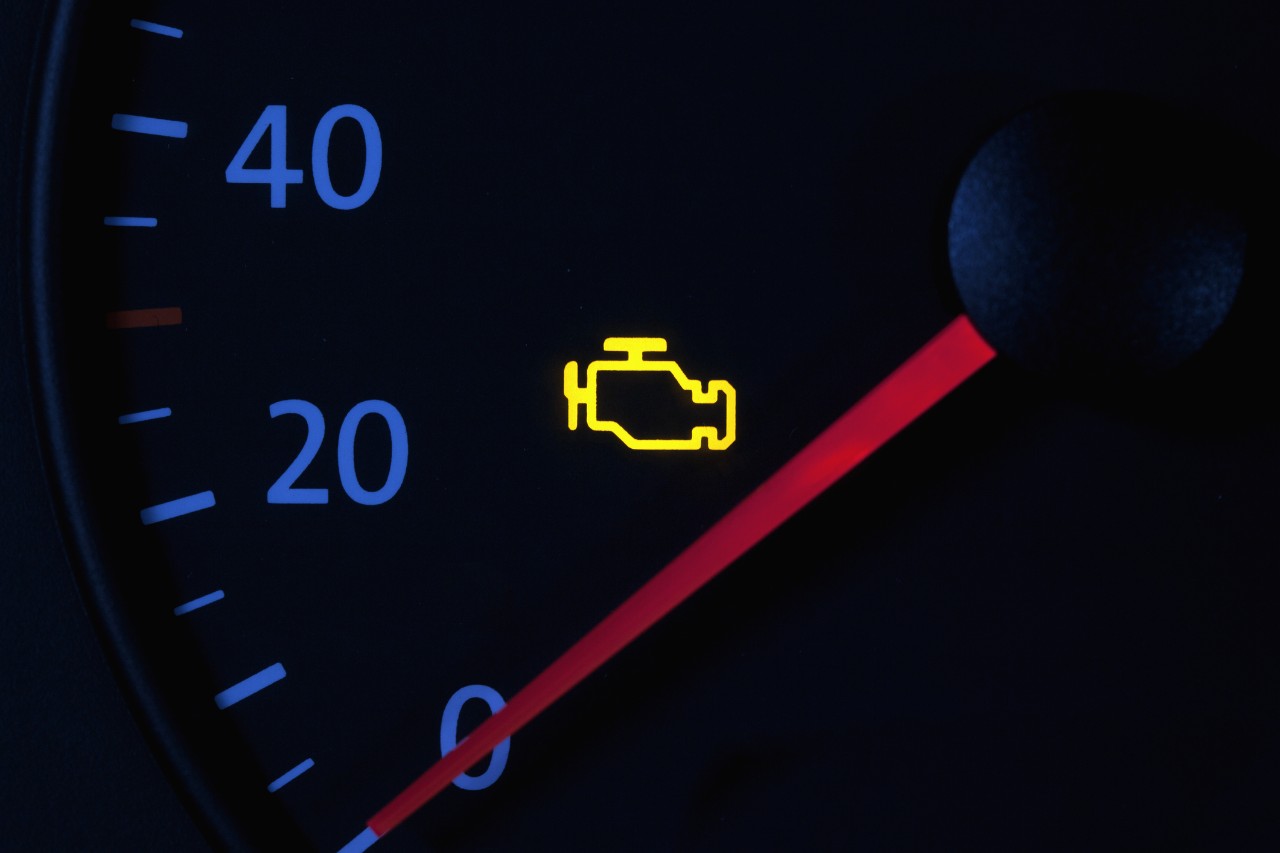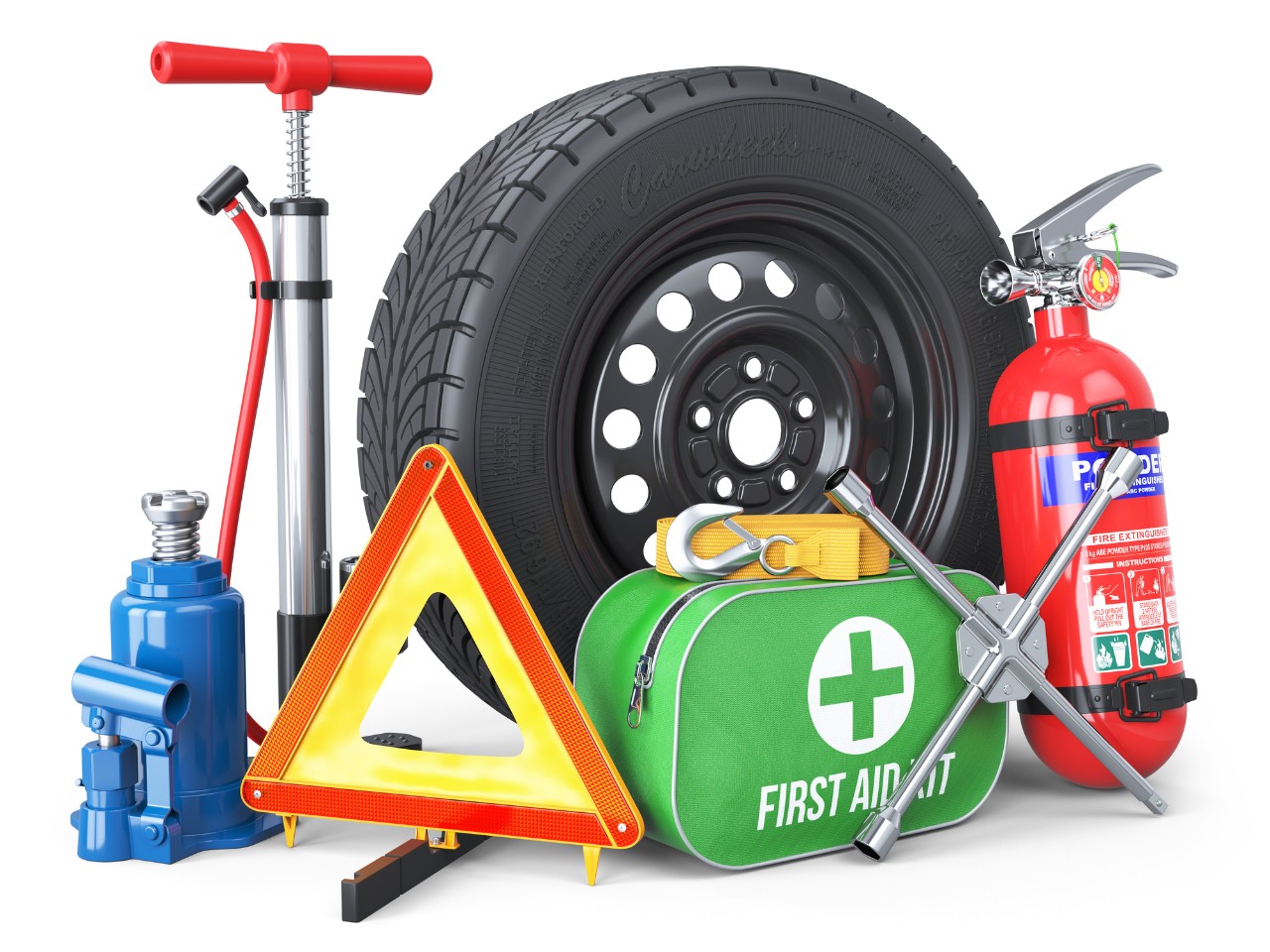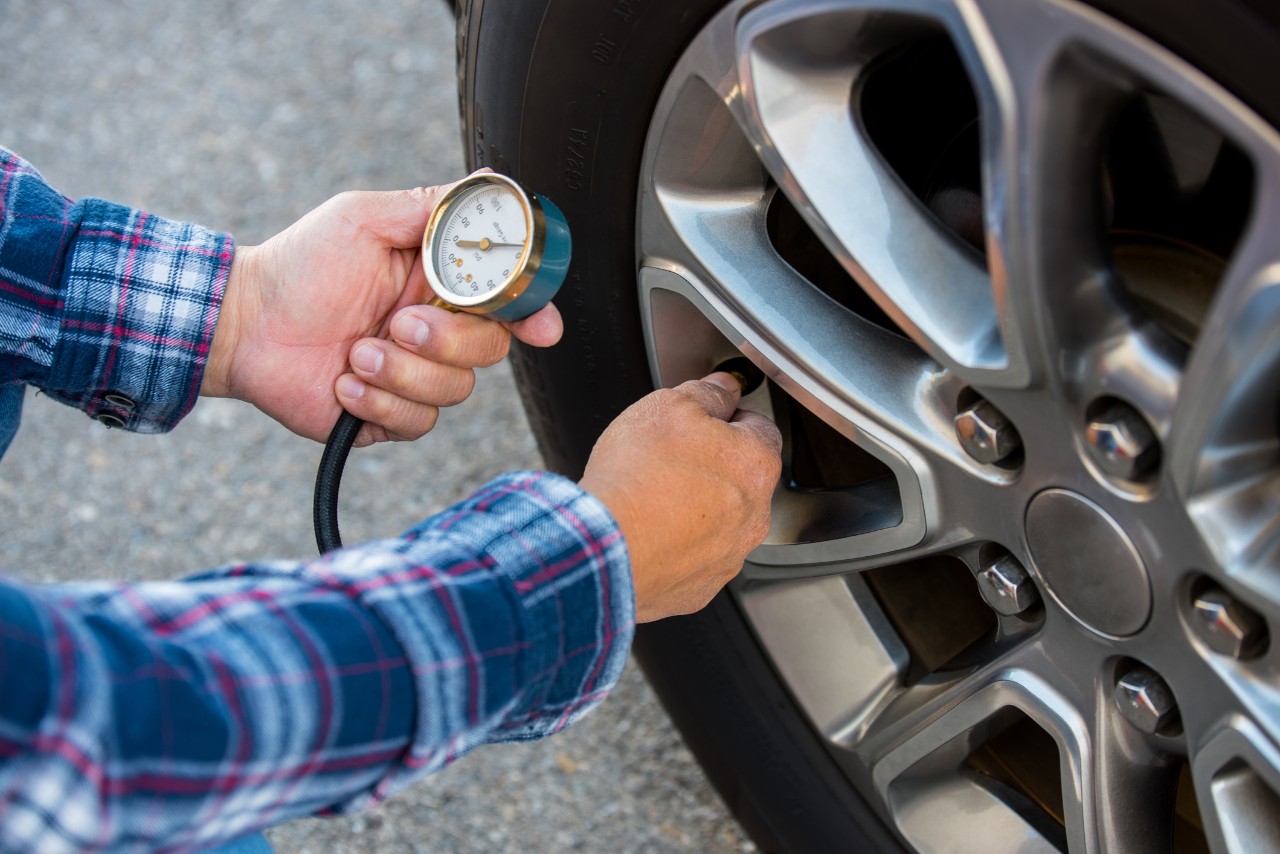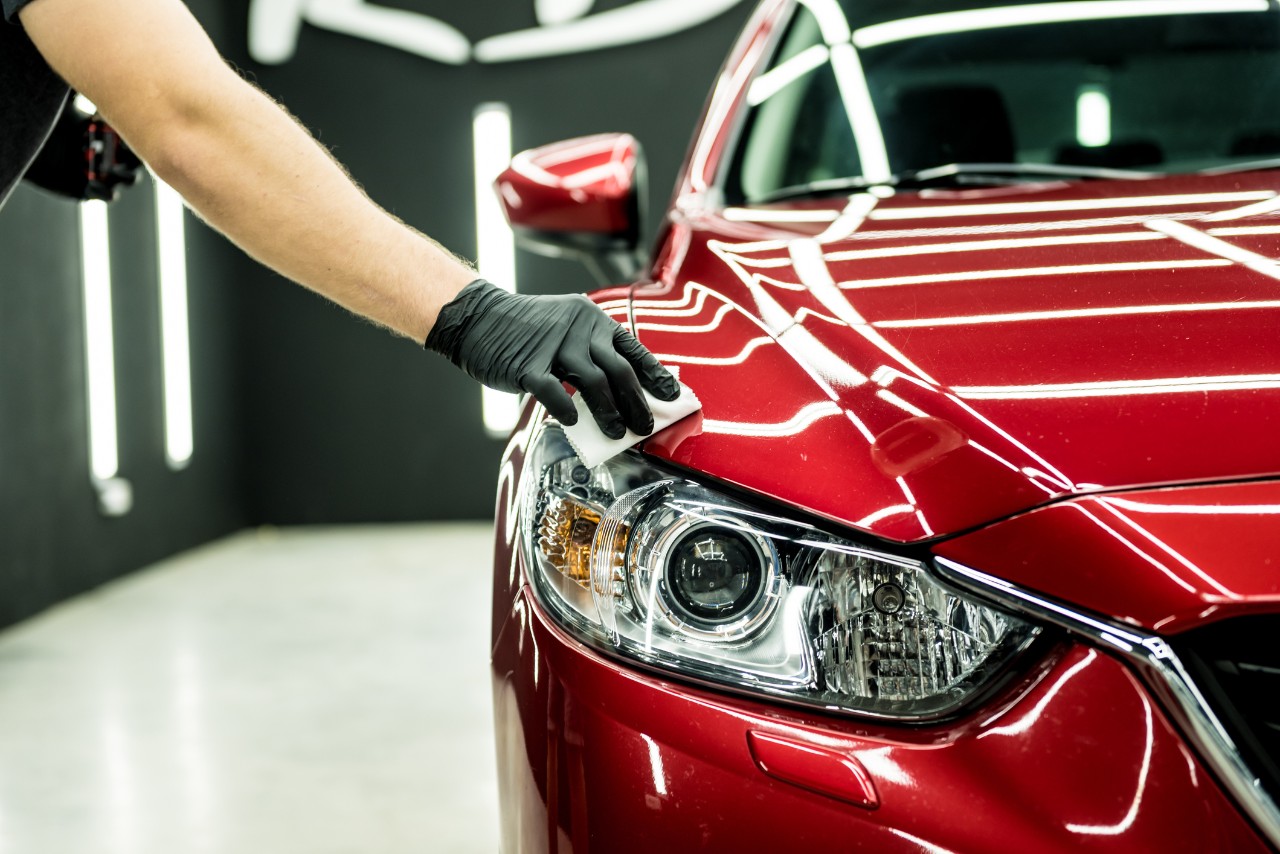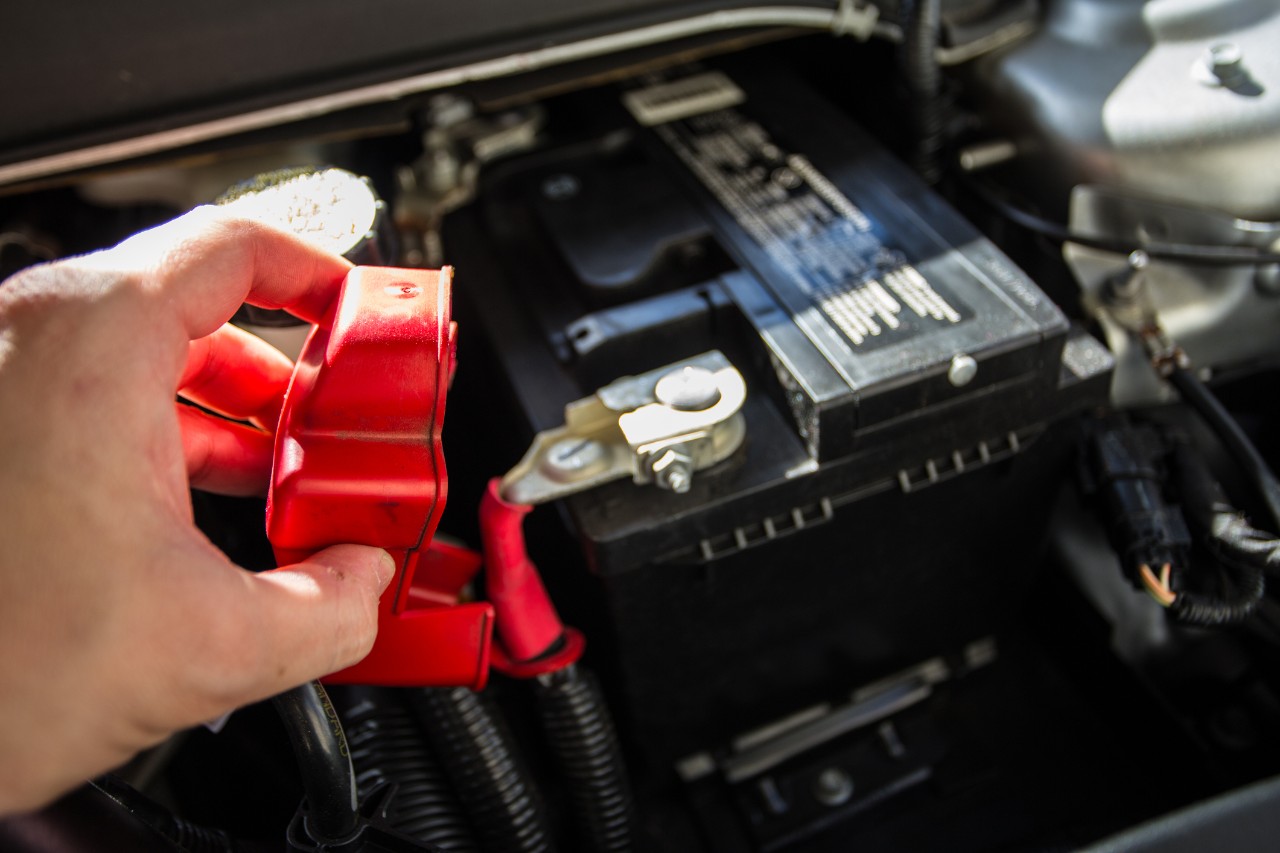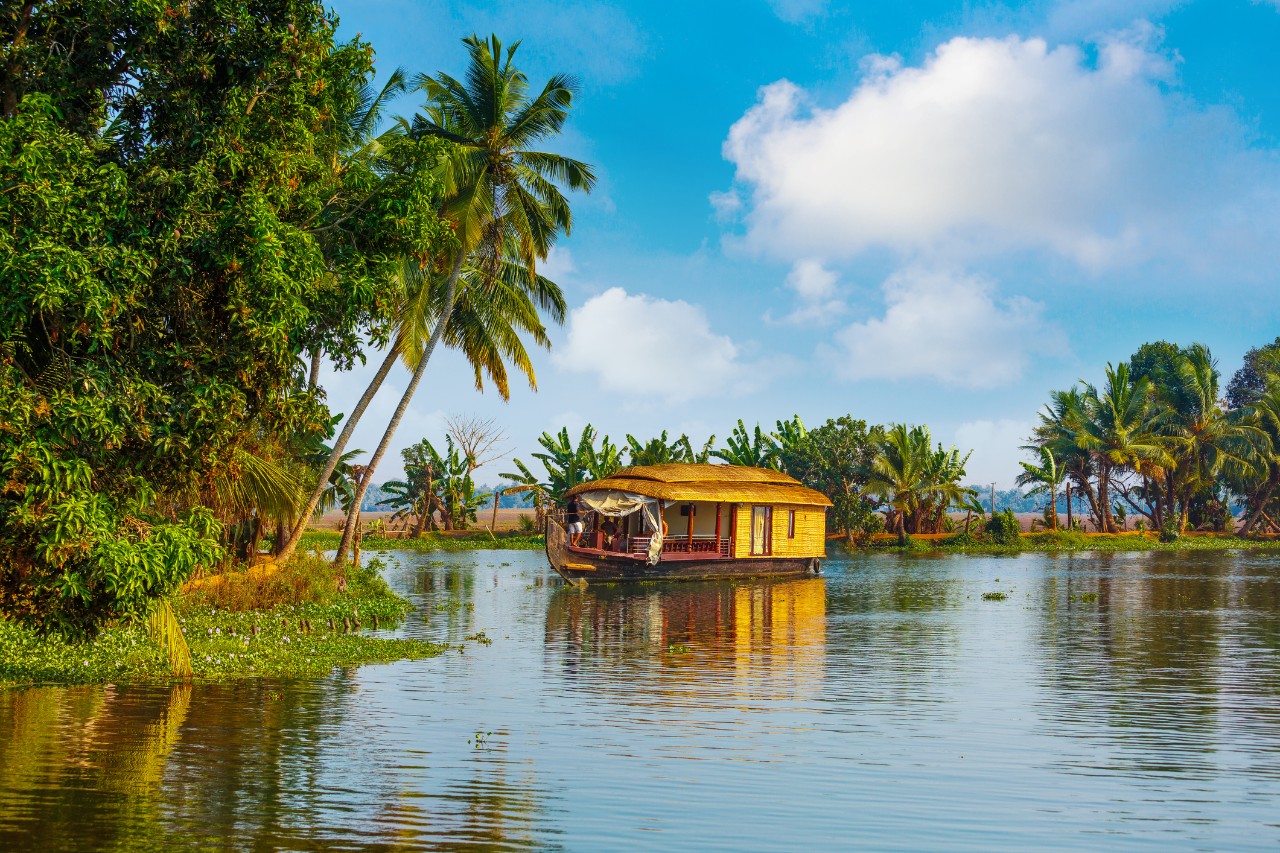Having third-party insurance in India is mandated by The Motor Vehicle Act,1988. The penalty for non-compliance is a fine of Rs 2,000/- and you might also get sentenced to up to 3 months of imprisonment.
Appalling but true, most people in India buy car insurance because it is mandatory. They are not aware of the benefits that insurance policy provides nor do they compare the policies. The decision is made simply based on the low premium. Now, even though a premium is a major contributing factor, there are others as well that should be considered to avail maximum benefit.
.png)
.jpeg)
